In Visual Hash Project EPFL partners with SICPA in order to provide guidance and use the technical expertise of scientists from Multimedia Signal Processing Group for assessing the performance of novel imaging technologies for security, privacy and digital identity.
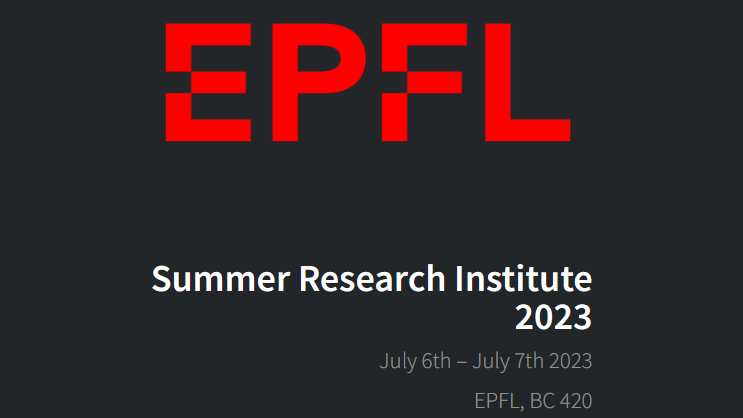
The Summer Research Institute (SuRI) is an annual event that takes place at the School of Computer and Communication Sciences of the École polytechnique fédérale de Lausanne, Switzerland.
This year the workshop will be bringing together 17 researchers and experts from academia and industry for research talks and informal discussions, including a poster session.

The annual Privacy Enhancing Technologies Symposium (PETS) brings together privacy experts from around the world to discuss recent advances and new perspectives on research in privacy technologies. PETS addresses the design and realization of privacy services for the Internet and other digital systems and communication networks.
The 23rd PETS will be a hybrid event with a physical gathering held in Lausanne, Switzerland and a concurrent virtual event.

This one-day conference examines the technological, political, legal, and economic aspects of secure and trustworthy cloud computing within the context of digital sovereignty, addressing concerns such as data privacy, data localization, security, control and ownership, and legal frameworks. The conference sets out to understand how the Swiss cloud computing space can pro-actively be shaped by fostering collaboration between the public and private sectors, NGOs and academia, and local and international players. With individual talks, panel discussions, and debates, the event seeks to gather knowledge and perspectives from key actors in Switzerland and Europe.

PLSC is a paper workshop conference. It follows a format where a discussant, rather than the author, introduces and leads a discussion on the paper. There are no panels nor talking heads, and everyone is a “participant”.

CV Summit is a premier event that brings over 1,000 leaders, innovators, investors, and policymakers together for a two-day gathering, filled with networking opportunities, thought-provoking discussions, and inspirational dialogues at the epicenter of Crypto Valley in Zug, Switzerland. The event’s daily schedule includes exciting afternoon sessions and multiple networking breaks for attendees to connect and engage with one another.
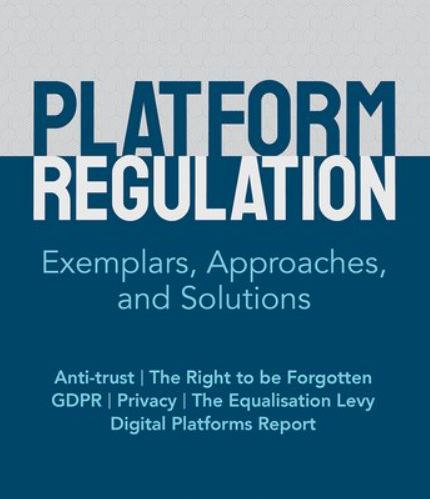
This recent book by Pradip Ninan Thomas approaches the phenomenon of digital platforms, digitalization, and Big Tech from a non-Western, cultural perspective, which makes it a very welcome contribution to the study of digitalization.

Thomas, Pradip Ninan (2023). Platform Regulation. Exemplars, Approaches and Solutions. Anti-trust, The Right to be Forgotten, GDPR, Privacy, The Equalisation Levy, Digital Platforms Report. Oxford: Oxford University Press, 123 pages. By Matthias Finger Digitalization is such a multifaceted and such a pervasive phenomenon that only a cross-disciplinary approach and culturally diverse perspectives will ultimately help (…)
The C4DT Factory team selected some Privacy Enhancing Technology (PET) links for you. They are all related to digital trust: security, privacy, trust in general, we have you covered!
May 31st, 2023, InterContinental Hotel Geneva and online Building Trust in Digital Identities – Leveraging the Power of Technology, Policy, and Digital Cooperation Description More and more governments around the world are implementing or exploring the implementation of digital identity (e-ID) solutions, while regional organizations such as the European Union and African Union actively work (…)
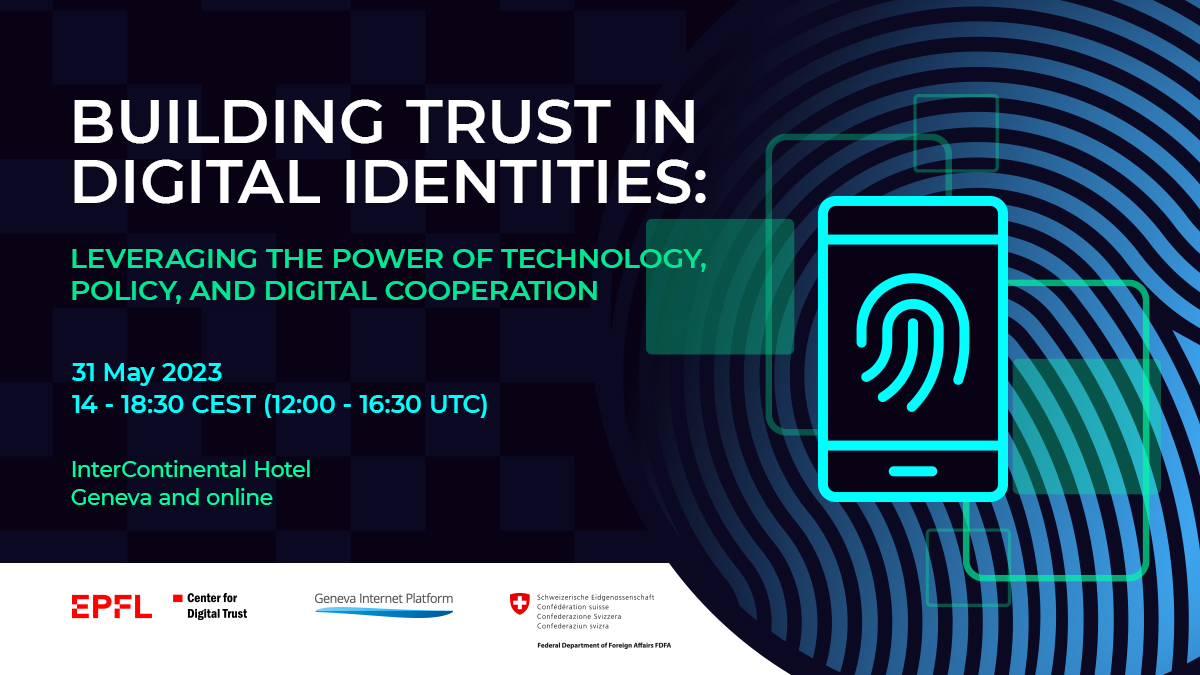
Governments worldwide are implementing or seeking to implement digital identity (e-ID) solutions to enable economic inclusion, facilitate access to public services, and validate credentials in e-commerce. In developing countries they may also further the UN concept of ‘identity for all’ and support sustainable development goals. However, the safety, trustworthiness, and interoperability of national e-IDs have generated a number of crucial questions.
This event brings together stakeholders from Europe, Switzerland, Africa and the International Community to discuss the latest technological developments, explore ways to foster public trust, and promote viable and trustworthy e-ID solutions through multilateral and multi-stakeholder dialogue and cooperation.
Coverage? Testing is one of the most important step of code validation. One would argue that an untested code is akin to a rogue program destroying what it can in its way. But what tests the testing? How do you know that your testing infrastructure is indeed simulating most behaviors of your code? Here comes (…)
Knowledge graphs have recently attracted significant attention in scenarios that require exploiting large-scale heterogeneous data collections. When graph sizes reach high orders of magnitude a delicate balance between performance and computational cost might is required. This project presents an approach to construct a model that generates meaningful graph representations while maintaining the scalability and prediction performance as significant as possible.
What is Nix? I recently had the opportunity to play with Nix, which is a package manager and an OS based on this package manager. Nix is special in the sense that it claims to only make reproducible builds that can’t break the system. But how? The package manager is “purely functional”, which means that (…)
vs. Today we looked at the following article, which compares Rust and Haskell: https://serokell.io/blog/rust-vs-haskell Even though I did some dabbling in Haskell, I never understood how close the two are. Currently I think I’m quite proficient in Rust, so I can follow the article quite well on that side. While the basic concepts seem (…)
November 5th, 2021, Swiss Tech Convention Center, EPFL Distributed Ledger Technology has the potential to reshape the traditional financial system. An example is decentralized finance, which allows people to combine open-source building blocks into sophisticated financial products utilizing DLT. Central banks, as another example, face growing competition from private actors offering their own digital alternative (…)

C4DT and the UC Berkeley Center for Long-Term Cybersecurity jointly host a panel at this year’s CPDP conference in Brussels on “How to make privacy more user-friendly for the long-term?” (24 May, 11h45).
Already today privacy, data security and transparency are at peril. Now, imagine these challenges on steroids by 2030 as AI evolves, new technologies and actors emerge. This discussion at the intersection of people, policy and technology will engage participants in long-term thinking to help make privacy lastingly more user-friendly, and explore how latest technology progress and new governance models can help to achieve this goal.

On June 15, 2022, a shadowy hacker group known as TA551 set its sights on a company that offers training and certification to IT administrators, system administrators and other vital IT personnel working for some of the world’s largest corporations. From there it was game on. The hackers replaced the original exam simulator software of (…)
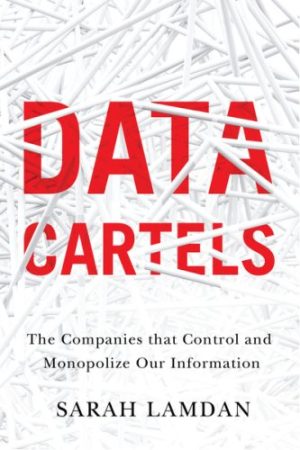
Lamdan, Sarah (2023). Data Cartels. The Companies That Control and Monopolize our Information. Stanford: Stanford University Press, 203 pages. By Matthias Finger This extremely well documented and researched book introduces the reader to some novel areas of platformization, namely the platformization of actors that manage information, knowledge and intelligence. The author, a law professor, shares her unique (…)
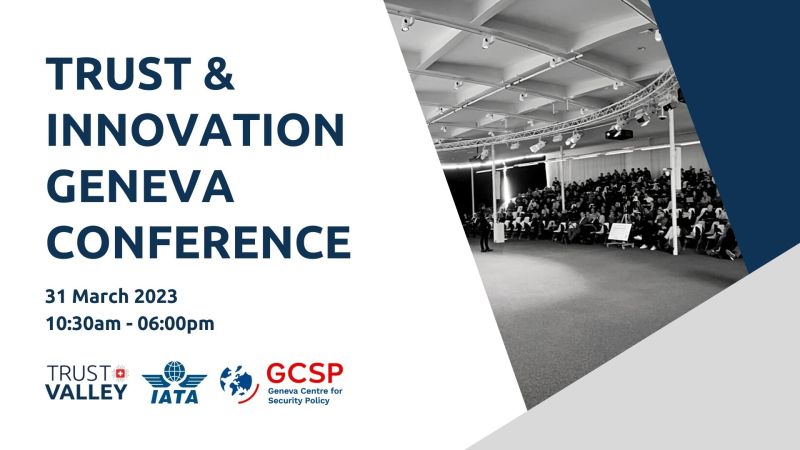
A flagship conference on the trust economy and cybersecurity in international Geneva.
Bringing together various private, public and academic actors from the State of Geneva, this exclusive platform will allow to reflect on digital governance and the main challenges of the trust economy. It will also be an opportunity for the start-ups of the Tech4Trust program to present their innovative solutions.
An online broadcast of the conference will also be available.

On Tuesday, 14 March 2023, a documentary by Dorothé Dörholt, entitled “Algorithmes – vers un monde manipulé” (sub-titles in English), will be shown at the EPFL in conference room SV 1717. Its projection is part of the 21st International Film Festival and Forum on Human Rights (FIFDH), held from 10-19 March 2023. C4DT’s Executive Director, Dr. Olivier Crochat, will participate in the post-projection panel discussion.
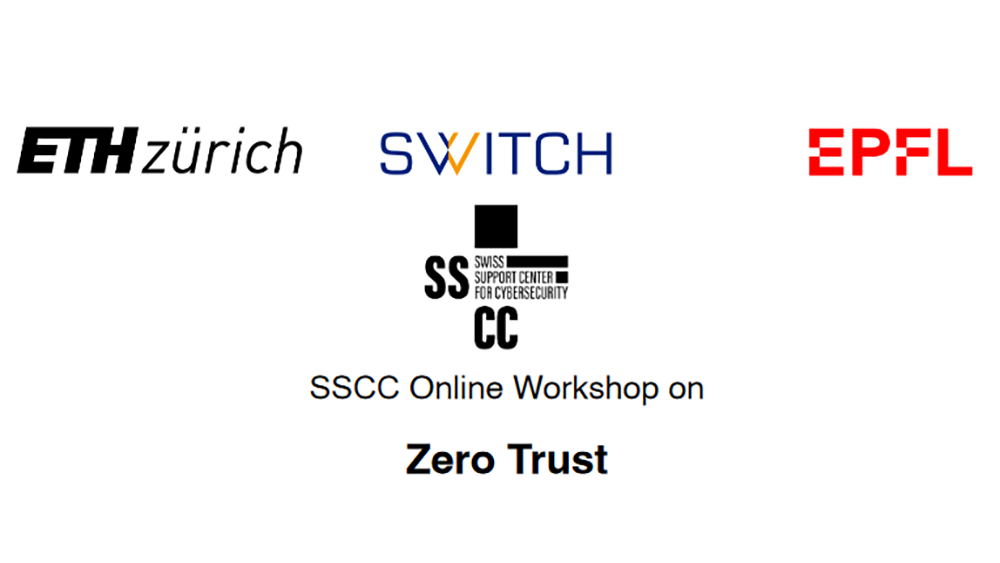
This online workshop is co-organized by the Swiss Support Center for Cybersecurity (SSCC) and the SWITCH Foundation (SWITCH), in collaboration with the Center for Digital Trust (C4DT) at EPFL and the Zurich Information Security Center (ZISC) at ETHZ.
Its goal is to shed light on different aspects of “Zero Trust”. Our speakers cover a wide range of expertise and present their views on and experience with “Zero Trust”. As it has been the case in previous workshops, we hope that the format allows for interesting interactions with the audience.
FPGAs are essential components in many computing systems. With conventional CPUs, FPGAs are deployed in various critical systems, such as wireless base stations, satellites, radars, electronic warfare platforms, and data centers. Both FPGAs and CPUs have security vulnerabilities; integrating them together presents new attack opportunities on both sides. In this project, we investigate the attacks made possible by closely integrating FPGAs with CPUs in heterogeneous computing platforms.
![[FR] TikTok doit-elle aussi être bannie en Suisse ?](https://c4dt.epfl.ch/wp-content/uploads/2023/03/solen-feyissa-Yaw9mfG9QfQ-unsplash-scaled.jpg)
SÉCURITÉ Accusée d’espionnage, l’application chinoise subit des interdictions ciblées aux Etats-Unis, dans l’Union européenne, au Canada ou encore au Danemark. Pour l’heure, Berne ne voit pas de risque, mais va demander des explications à Bruxelles.
(Picture from Solen Feyissa on Unsplash)














![[FR] TikTok doit-elle aussi être bannie en Suisse ?](https://c4dt.epfl.ch/wp-content/uploads/2023/03/solen-feyissa-Yaw9mfG9QfQ-unsplash-scaled.jpg)